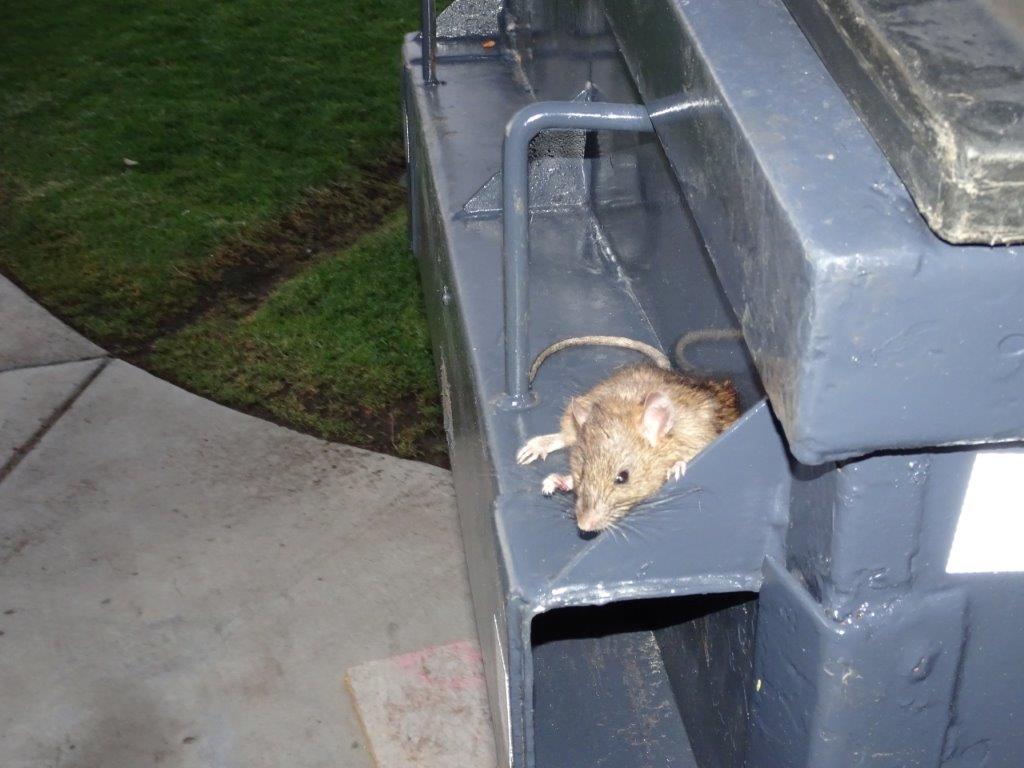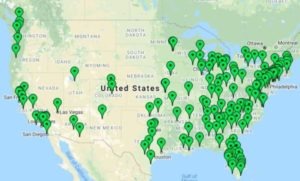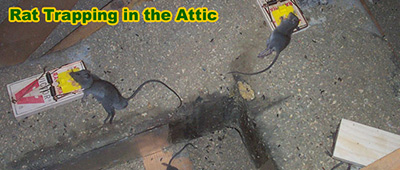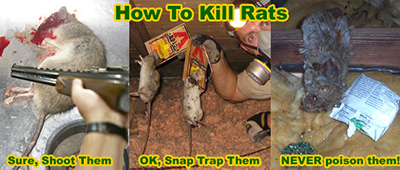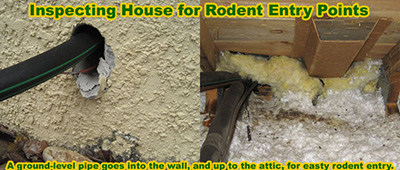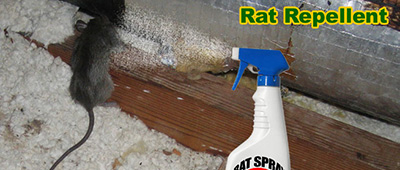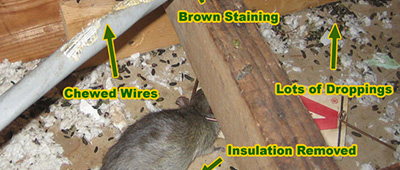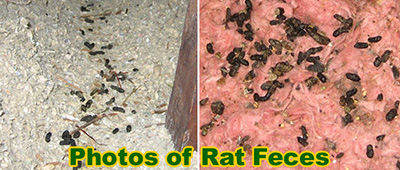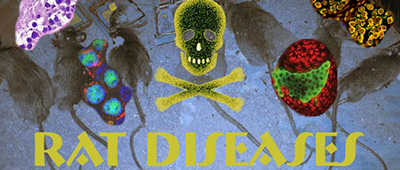You will need to use your nose when you think you have a dead rat in your home. In fact, it's probably your nose that alerted you to the problem in the first place, a foul scent hanging around your house. These animals smell awful once they have been left to decompose for a while, and it's not something you are going to want hanging around in your home. The bad smell aside, the carcass of that rat is going to attract other animals soon. That dead rat is a biohazard, and the smell can cause nausea, actual vomiting, and even headaches in some cases.
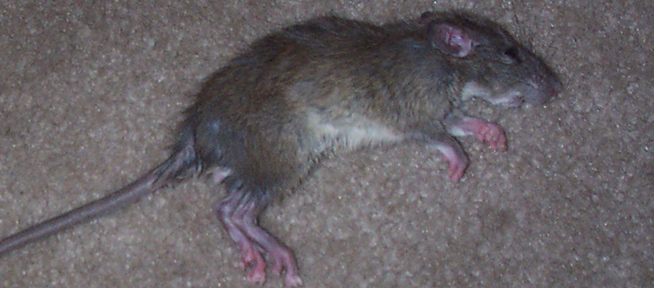
When you hunt out the rat, you will need to make sure you have a few things to hand first. You will need a really strong cleaner to get rid of the biohazard problem, and you will also want to get a good head start on the nasty bugs with a strong disinfectant. Something antibacterial is preferable, but you should be aware that this isn't going to be a quick-going-over job. You will want to use the antibacterial disinfectant first, and then bleach, or something similar, to help deodorize and get rid of that foul stench.
Poison generally causes this kind of problem. Most people would prefer to believe that old myth that poison makes rats thirsty, which in turn makes them go outside to die, but this simply isn't the case. Poison takes an age to work - many weeks, in some cases, and in that time, the rat will just keep eating more and more of the poison, and making itself more and more sick. What do you do when you are sick? You curl up in your bed and that's where you stay until you feel better. That's exactly what the rat will do - curl up in bed. Except this rat probably won't get better, and it'll just end up dying there. Then it becomes a very big problem for you. The rat will decompose in its bed, and that's when the smell starts to happen, and then you'll need to start cutting chunks of your home ... quite literally.
In some cases, you will find that finding the deda rat is a simple case. You will crawl up into your attic, or into crawl spaces, or even down in the basement, and you will see the dead rat. Or, at the very least, let your nose direct you to where the body is. In many cases though, this isn't the case. Things are much more difficult than that.
Because we have been in the business for over a decade, we've developed a lot of knowledge about rats and other wild animals. It means that we, more often than not, find the carcass relatively easily, but for the average homeowner, things don't happen quite so quickly. If the rat has died in the cavities of your walls, for example, you might not be able to get to it from the top - the attic space. You may need to cut a small space in your wall, retrieve the dead rat from behind it, and then seal the hole and repair your damage. This is something you will obviously want to get right first time - you do not want to have multiple holes in your wall.
Go back to the Rats in the Attic home page.
